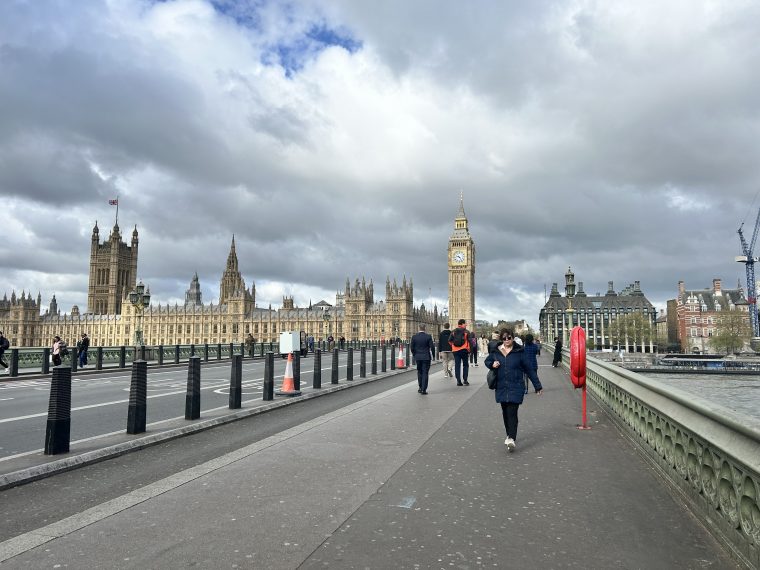
With the prospect of a new Labour Government on the horizon how will UK civil service cope?
Keir Starmer has pinned the future prospects of a Labour government on its commitment to achieve five national missions. The concept of a “mission government” emphasises not just the scale, but the capability to enact transformative change. However, upon assuming office, Prime Minister Starmer may find the governmental apparatus strained and lacking in the necessary capacity.
“Labour’s missions: to protect our country – through economic stability, secure borders and strong defence.”
Can Keir Starmer’s plan for the civil service work?
From extensive healthcare waiting times to decaying school infrastructure and overcrowded prisons, the state faces significant challenges. Simply adding missions onto an already overloaded government is a recipe for failure.
A more effective approach would treat these missions as “moonshots,” distinct from routine government operations. Achieving such audacious goals demands exceptional leadership and a fundamentally different organizational structure, often necessitating substantial political capital.
Central to this strategy is strong leadership. Starmer should personally appoint “mission CEOs” to spearhead each mission, armed with ambitious targets akin to those set by visionary tech leaders. As highlighted in Reform’s recent report, setting “insane targets” can jolt the bureaucratic machinery of Whitehall into action.
To meet Starmer’s demands, Whitehall must be willing to offer competitive compensation packages to attract top-tier talent as mission CEOs, with substantial financial incentives tied to achieving milestones. Too often, government programs are helmed by individuals lacking relevant delivery experience.
Today’s civil service
In the UK, civil servants play a crucial role in the functioning of the government. Their primary responsibility is to support the government in implementing its policies and delivering public services. They work across various government departments and are responsible for advising ministers, drafting legislation, implementing policies, and managing public services.
Modern-day politics challenges UK civil servants, include:
- Political Uncertainty: Civil servants often have to navigate through political uncertainty, such as changes in government, shifts in policy priorities, and political controversies.
- Increased Scrutiny: With the rise of media and public scrutiny, civil servants are under constant pressure to maintain transparency, accountability, and impartiality in their decision-making processes.
- Complex Policy Issues: Modern policy challenges, such as climate change, cybersecurity, and healthcare reform, require civil servants to possess expertise in various fields and collaborate across departments to develop effective solutions.
- Resource Constraints: Budgetary constraints and resource limitations can pose challenges for civil servants in delivering public services efficiently and effectively.
- Technological Advancements: The rapid pace of technological advancements requires civil servants to adapt and innovate in order to harness the benefits of new technologies while mitigating potential risks.
Civil servants in the UK have a significant influence over policy creation, as they provide expert advice to ministers and are responsible for developing policy proposals. While ministers ultimately make the final decisions, civil servants play a crucial role in shaping the policy agenda and providing evidence-based recommendations.
Campaigners and interest groups can lobby civil servants to influence policy decisions. Civil servants are required to engage with stakeholders and consider a range of perspectives when formulating policies. However, they are also bound by rules and regulations regarding transparency, accountability, and impartiality, which ensure that policy decisions are made in the public interest rather than for the benefit of specific interest groups.